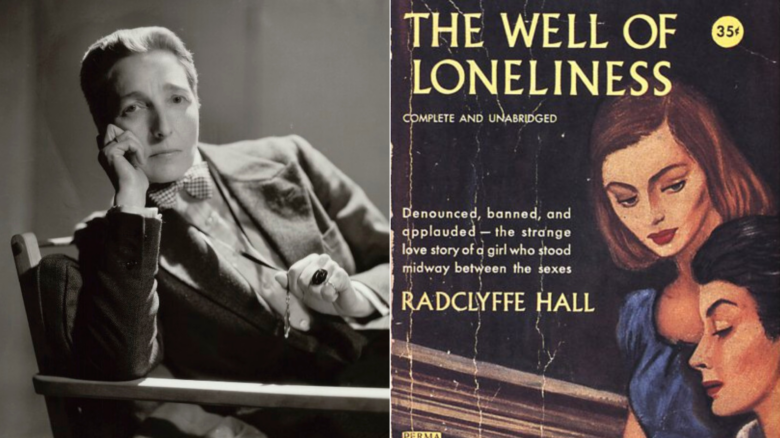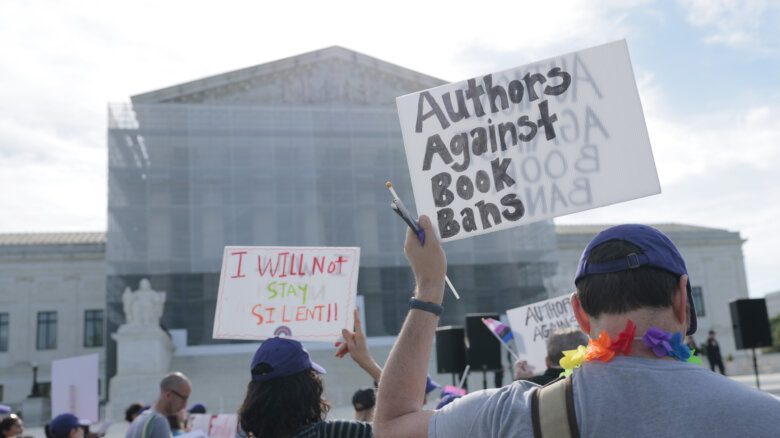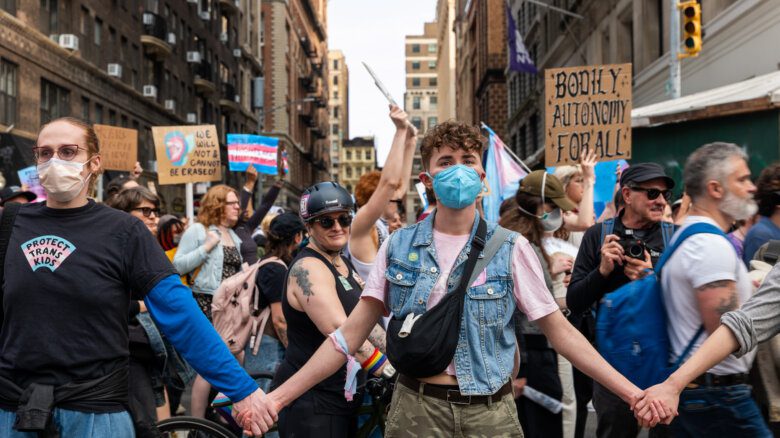“I would say we always have the right to ask our sexual partners to use condoms or to observe any kind of sexual safety practices that might make things more comfortable or better for us,” Kai Cheng Thom says. “Make it about what we want and what we need instead of about what that other person might be doing or saying. So I wouldn’t say to someone, ‘Well, I can’t trust you and you’re a liar, so we have to use condoms.’”
“How I would phrase the request or the ask is to make it about myself rather than the other person. So it’s a matter of what I need to make the sexual interaction good and safe for me.”
It’s our latest in the video series “Ask Kai: Quickies,” offering sex and relationship advice for those in a hurry.


 Why you can trust Xtra
Why you can trust Xtra


